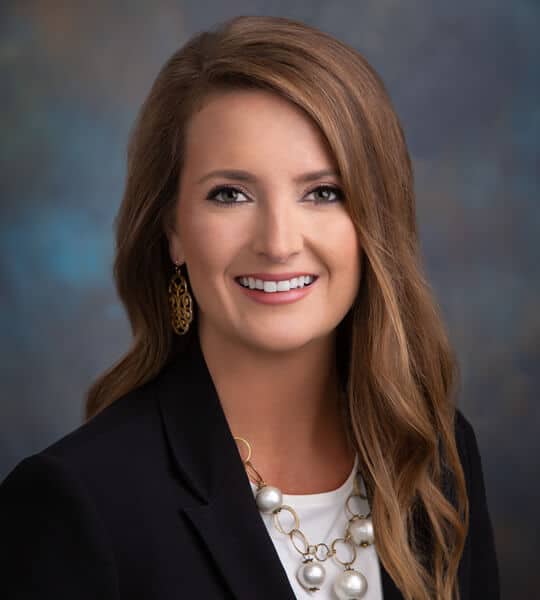Filing Chapter 7 Bankruptcy (or debt liquidation) can be a daunting task. However, it is often the best option for those with limited income and overwhelming debt. Before filing Chapter 7 Bankruptcy, you must first attend and complete credit counseling with an approved agency.
Who can file Chapter 7 Bankruptcy?
The Means Test
In order to qualify to file for a Chapter 7 bankruptcy, there are several criteria that must be met. Not everyone is eligible to file a Chapter 7 bankruptcy. The purpose of the means test is to insure that individuals with incomes sufficient to pay a portion of their unsecured debt are forced into filing a Chapter 13 bankruptcy. The means test is simply a formula designed to look at your expenses and your income. The results of the test determine whether or not you have the ability to re-pay all, or at least a portion, of your unsecured debt over a five year period (after taking out certain allowable expenses and required debt payments). The means test was implemented to limit the use of Chapter 7 bankruptcy to those who truly cannot repay their debt. Your bankruptcy lawyer will be able to assist you with determining whether you pass the means test.
Exceptions to the Means Test
There are a three instances when a debtor may qualify to file Chapter 7 bankruptcy without passing the means test.
- Your debts are primarily business not consumer related debts
- Disabled Veterans
- Military Reservists and the National Guard personnel
The Petition
To file Chapter 7 bankruptcy, your bankruptcy lawyer will then prepare a petition to file with the Bankruptcy Court based on the information you provide. This petition must include:
- a list of all debts
- all of the property you own or have sold within the last two years
- money you spent within the last two years
- current income
- monthly expenses
The “Exemption Law” in Georgia
Although everything must be included in your petition, a Georgia law, known as the “exemption law” allows for a portion of your personal property, real estate, and retirement money to be protected from Bankruptcy Court. The exemption law of Georgia specifically outlines the types of property that cannot be seized by creditors and a Georgia bankruptcy lawyer will be able to help you define which of your assets will be exempt. Examples of exemptions:
- The first $21,500 of real estate equity; $43,000 if filing jointly with your spouse
- $5,000 of household goods (i.e. furniture, electronics, etc.); $10,000 if filing jointly
- All qualified retirement funds including 401(k) and pension plans
- $3,500 of equity in a vehicle
The Georgia exemption law plays a key role in an individual’s decision to file for Chapter 7 bankruptcy. Consult with a bankruptcy lawyer to make sure that you qualify to file for Chapter 7 bankruptcy.
The Automatic Stay
Normally when a bankruptcy is filed, the automatic stay is invoked which prevents creditors from pursuing collection actions. The prohibited collection actions include garnishments, levy or seizure of your property.
Meeting of Creditors
The Court appoints a Chapter 7 trustee who will review your petition as well as any financial transactions from the previous year. After reviewing all paperwork, the trustee will then schedule a meeting of creditors. Normally a meeting of creditors is scheduled within 40 days of the filing of the petition. Creditors are entitled to attend the meeting to question the debtor as to insurance, collateral values and condition, and the ability to pay for any item which serves as collateral. Your bankruptcy lawyer will be notified about any additional information that you must bring into the meeting. Typical documents required may include, but are not limited to:
- Pay stubs
- Bank statements
- Tax returns
- Mortgage documents
The goal of the meeting of creditors is for the trustee to determine whether or not you have any nonexempt property or additional income that may be sold in order to satisfy any of your unsecured debts.
Discharge Granted
At the end of your Chapter 7 bankruptcy, the court will order a bankruptcy discharge. A bankruptcy discharge prohibits a creditor from collecting on any debts that were listed in your bankruptcy case, unless a debt is reaffirmed or nonexempt property is available for distribution to the creditors. Although a discharge relinquishes you of your personal responsibility of a debt, it is important to know that not all debts are dischargeable. After the court issues the discharge, creditors with non-dischargeable debts are allowed to continue their collection process. Examples of non-dischargeable debt are:
- Student loans
- Taxes incurred within three years of the bankruptcy
- Child support/Alimony/Property settlements in a divorce
Revocation or Denial of Discharge
The court has the right to deny or revoke your discharge for the following reasons:
- Failure to comply with the court and/or trustee
- Failure to turn over assets
- False statements within your paper work or testimony
Who can help me with my Chapter 7 bankruptcy?
Bankruptcy is complex and many answers depend upon your specific situation. J. Michael Hall has over 30 years of experience in bankruptcy. He has worked with many businesses and people in Bulloch County, Effingham County, and surrounding areas to achieve debt relief. Hall & Navarro provide focused and experienced representation from your initial consultation until the resolution of your legal matter. We offer a broad range of legal services and are dedicated to serving individuals and businesses. Call us or schedule your consultation online.
Please consult an attorney for advice about your individual situation. This site and its information is not official legal advice, nor is it intended to be. Feel free to get in touch by e-mail, letters or phone calls. Contacting us does not create an attorney-client relationship. Until an attorney-client relationship is established, please withhold from sending any confidential information to us.


